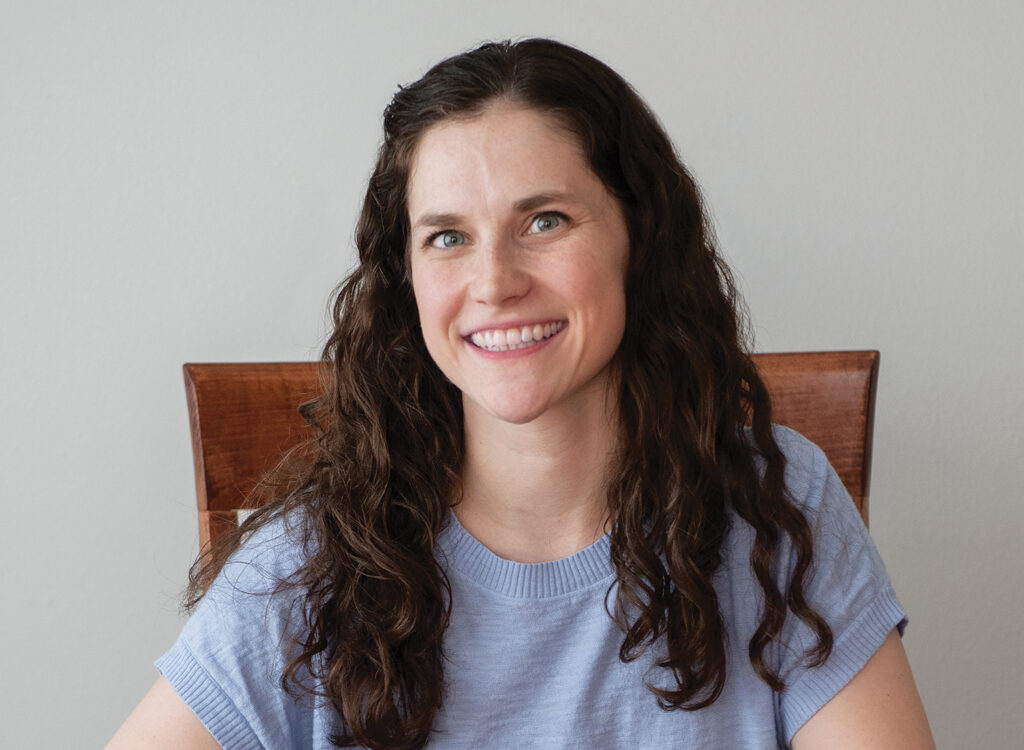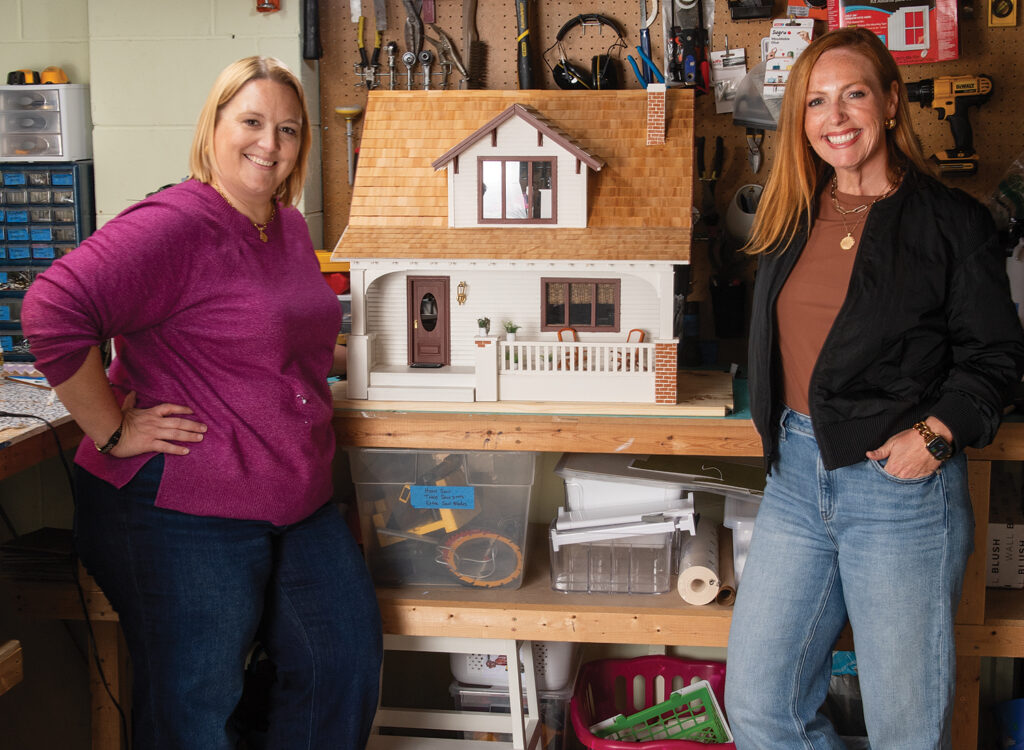The Elbert Files: Carnegie and Mom

DAVE ELBERT Aug 15, 2019 | 7:29 pm
3 min read time
621 wordsBusiness Record Insider, The Elbert Files
My mother was born the day after Andrew Carnegie died, not that they had much in common beyond the fact that both were born at home in sparse surroundings.
Last Monday was the 100th anniversary of the birth of Evelyn Everly Elbert.
When I looked in old newspapers to see what was happening on Aug. 12, 1919, the story that jumped out was the death the previous day of Scottish-born Carnegie who came to the United States at age 11 and went on to lead the expansion of the U.S. steel industry in the late 19th century.
Late in life, he gave away nearly 90% of his wealth, much of it to public libraries. The library in Ames, four blocks from where I grew up, was one of 1,797 libraries, including 108 in Iowa, funded by Carnegie.
I doubt Mom ever realized the tenuous connection she had with Carnegie. If she did, she certainly would never have mentioned it.
Mom did not brag. Not about herself or her family. Not even about her grandchildren, whom she dearly loved and encouraged.
When Mom died in 2015, my wife, Amy, wrote a touching tribute.
“She was reserved with adults,” Amy wrote, “but not with her grandchildren. She was down on the floor playing with them as long as she was able.
“Craig and Holly loved playing games with Grandma Elbert,” she continued. “The games often involved memory skills and math, which helps explain their success today.”
And while Mom did not brag, I will. Granddaughter Holly is a mechanical engineer and partner at BBS, one of Des Moines’ oldest and most successful architectural engineering firms; grandson Craig lives in Brooklyn, N.Y., where he is a successful entrepreneur and CEO of Care/Of, a leading online provider of nutritional supplements.
Mom’s life was shaped in large part by the early death of her father, who was killed in 1931 by a drunken driver. Mom was 11 at the time.
The accident left my Grandmother Everly with three children and no visible means of support beyond a life insurance policy. The Great Depression was just starting, but Grandpa’s Bankers Life policy provided enough resources for Grandma to move with her children into Bondurant, and the annuity supported her until she died in 1979.
Mom was the only one of her siblings to attend and graduate from college, which she paid for with a loan from an uncle. She met my father at Iowa State College and married him in 1943 in Texas, where he was serving as an airplane mechanic during the war.
When World War II ended, they settled in Ames, where Mom gave birth to four children between December 1945 and October 1949.
While Mom may never have known about her connection with Carnegie, I’m pretty sure he would have approved of the way she raised her children. As far back as I can remember, she was always finding character-building things for us to do.
Boys back then were supposed to be a certain age before they could carry the Ames Daily Tribune. Somehow, Mom had my older brother Steve and me delivering the newspaper two years before we reached that age.
Mom created a plaster of Paris factory in our basement where we kids made and painted figurines, which we sold from a little stand in our driveway.
When we were older my father built carts to haul lawn mowers behind our bicycles, and for several summers Steve and I mowed lawns all over Ames. Mom kept the books, carefully recording when it was time to mow each lawn and tallying the payments.
One summer we had more than 50 regular customers, which I think might have impressed even Andrew Carnegie.











